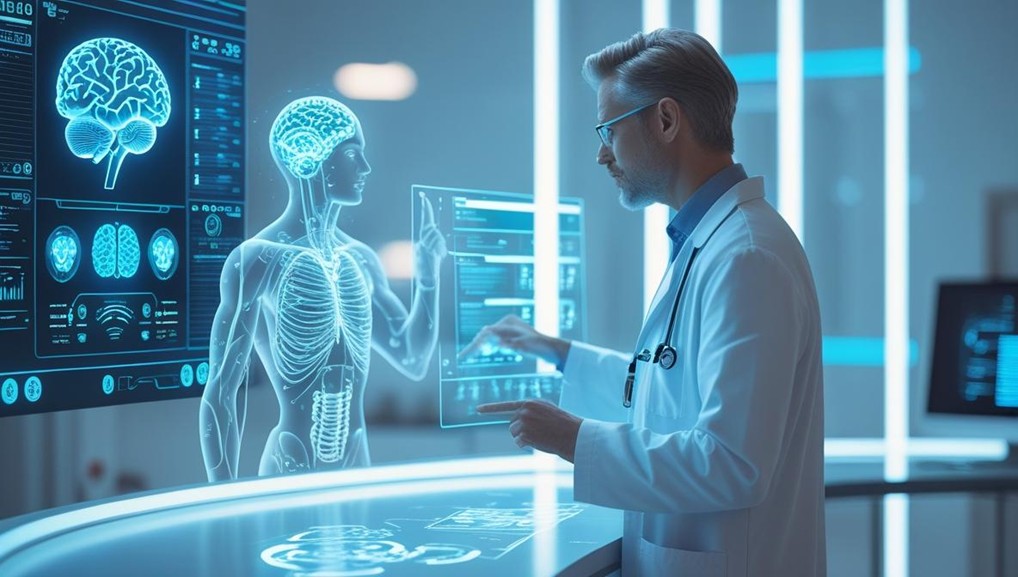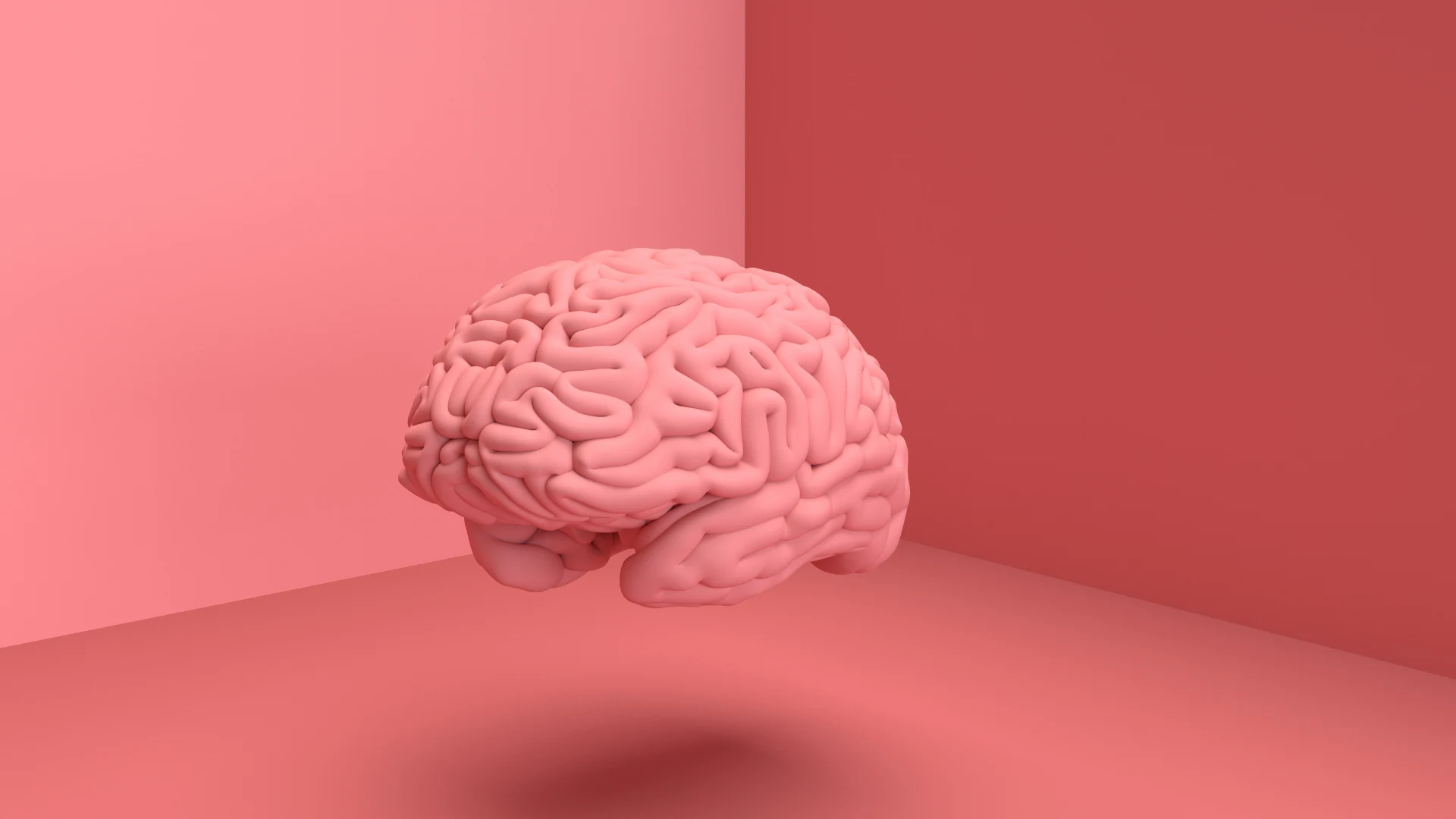
Artificial Intelligence (AI) is increasingly becoming a cornerstone in the advancement of modern medicine, enabling more efficient, accurate, and personalized healthcare. While much media attention is focused on cutting-edge devices or futuristic robotics, it’s the more discreet integration of AI into everyday medical practices that is causing a silent revolution in the field.
One of the key areas where AI is having the most impact is diagnostics. Machine learning algorithms are now capable of analyzing medical images—such as X-rays, MRIs, and CT scans—with a level of accuracy comparable to, and in some cases exceeding, that of trained radiologists. These algorithms can be trained to spot anomalies like tumors, fractures, or arterial blockages, often identifying patterns invisible to the human eye.
Another significant application of AI is in predictive analytics. By sifting through vast amounts of patient data—including medical history, genetic information, and lifestyle factors—AI systems can forecast the likelihood of a patient developing certain conditions such as heart disease, diabetes, or cancer. This foresight allows for earlier interventions, potentially preventing illnesses before they become serious.
AI is also actively contributing to the personalization of treatment plans. Technologies like Natural Language Processing (NLP) are being used to comb through clinical notes and research papers, matching patients with therapies that are most likely to be effective based on their individual profiles. This personalized approach helps to reduce the trial-and-error nature of treatment regimens, ultimately leading to better patient outcomes.
In addition, AI is streamlining administrative tasks in healthcare facilities, automating everything from appointment scheduling to medical coding. This not only reduces human error but also frees up valuable time for healthcare professionals, allowing them to focus more on patient care.
Despite these advancements, challenges remain, including concerns about data privacy, algorithmic bias, and the need for thorough validation of AI tools before widespread implementation. Regulatory bodies and healthcare institutions are working closely to develop ethical guidelines and ensure that AI-powered solutions meet high standards of safety and efficacy.
In sum, while the AI revolution in medicine may not always make headlines, its influence is being felt in profound and lasting ways. As these technologies continue to evolve, they hold the promise of not just enhancing current medical practices but also redefining the future of healthcare as a whole.
Source: https:// – Courtesy of the original publisher.








